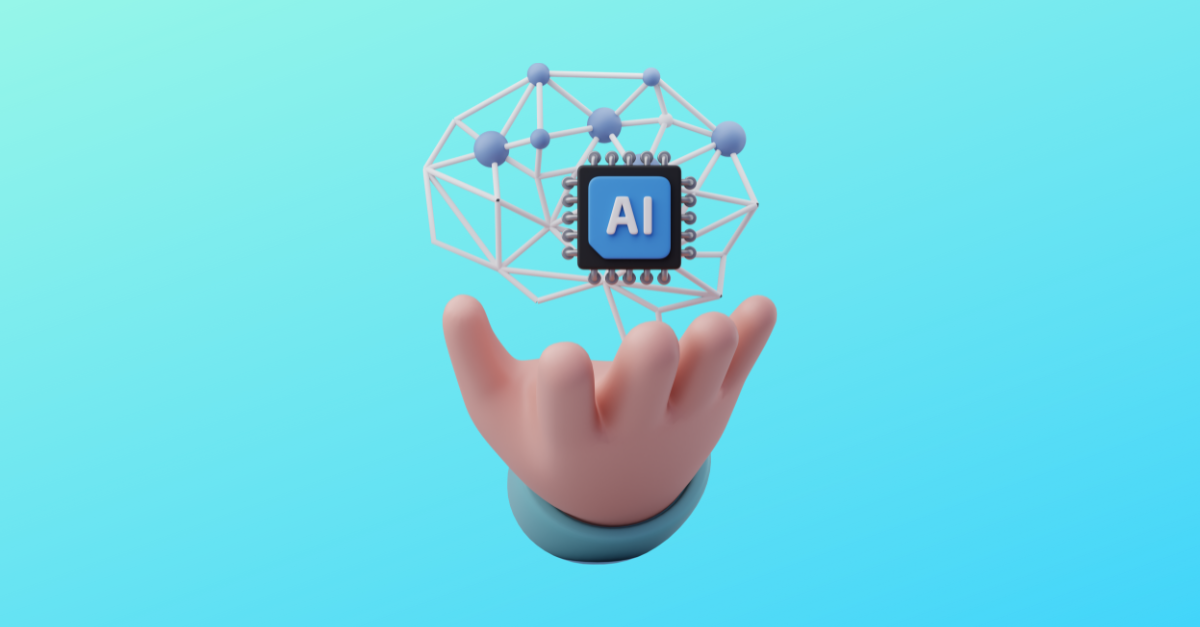
AI and the Future of Work: How Students Entering the Workforce Are Being Impacted
Artificial intelligence is rapidly transforming the world of work, and nowhere is this shift more visible than among students and young professionals just beginning their careers. For decades, the entry-level job has served as the training ground where new graduates learn practical skills, gain mentorship, and begin their climb up the career ladder. But as companies increasingly adopt AI to streamline operations and automate routine tasks, many of these foundational opportunities are being reshaped — or eliminated entirely.
The Disappearing Entry-Level Job
Recent research from Stanford University illustrates just how significant this shift has become. According to the study, workers aged 22–25 in roles most exposed to AI technologies have experienced a 13% relative decline in employment since 2022.
Industries such as customer service, basic accounting, data entry, software QA, and digital content creation — all traditional entry points for young workers — have become some of the most heavily automated.
As Open Data Science explains, generative AI is particularly effective at “codified knowledge” tasks — exactly the kind of work recent graduates are usually hired to handle.
How Entry-Level Roles Are Being Redefined
While some roles are disappearing, others are being fundamentally transformed. Instead of spending hours preparing reports, conducting basic research, or drafting early document versions, junior employees are now expected to review AI outputs, provide context, and contribute more strategically.
AI increasingly handles repetitive, structured work — meaning today’s students must enter the workforce with stronger critical thinking, communication, and analytical skills.
A Labor Market Under Rapid Transition
Broad market indicators show that the disruption is widespread. According to the World Economic Forum, 40% of employers expect AI to reduce headcount in functions that historically served as stepping stones for young professionals.
Meanwhile, PwC’s 2025 AI Jobs Barometer found that skills requirements in AI-exposed roles are evolving up to 66% faster than in other fields.
Students entering the job market must now navigate an environment where the skills they learned during their degree may already be outdated — or at least insufficient on their own.
Loss of Experiential Learning Opportunities
A growing body of research highlights a more subtle danger: the erosion of hands-on learning.
A working paper published on arXiv warns that the automation of foundational tasks could limit the intergenerational transfer of tacit knowledge — the type of learning that happens through observing, practicing, and receiving mentorship, not through reading instructions or reviewing AI output.
Without these early experiential opportunities, students may find it harder to build deep expertise later in their careers.
Changing Career Preferences Among Gen Z
These shifts are influencing how young people think about work. Many Gen Z students and graduates express growing anxiety that traditional white-collar roles no longer offer stability.
As reported by Business Insider, more young people are exploring the skilled trades, where hands-on tasks are less vulnerable to automation. The New York Post highlights similar survey data showing a rising perception that blue-collar paths may be more reliable in an AI-driven economy.
New Opportunities for Those Who Adapt
Despite the disruption, AI is also creating new career opportunities. Demand continues to grow for skills in AI literacy, data analysis, and machine learning — but even non-technical fields increasingly reward those who can effectively collaborate with AI tools.
Human-centered skills such as creativity, strategic thinking, problem-solving, and communication are becoming more critical, not less, as organizations seek workers who can bring judgment and insight to AI-supported workflows.
Forward-thinking employers are responding by developing hybrid roles and training models that blend human oversight with AI augmentation. Rather than eliminating junior positions, many companies are reimagining them — creating new pathways for early-career growth that didn’t exist before.
Navigating the New Career Landscape
For students entering the workforce, this moment is both challenging and full of possibility. Success in an AI-driven job market won’t come from avoiding the technology, but from understanding how to use it effectively.
Building AI fluency, sharpening complementary human skills, staying flexible, and exploring alternative entry routes will be essential strategies for building resilient, future-proof careers.
AI may be changing the first steps of the career ladder — but it’s also creating new ones. With the right preparation and mindset, today’s students can still build meaningful and rewarding career paths, even as the ground beneath them shifts.
Need a verification partner that puts security and privacy first?
Contact us to learn how we can help you verify users without putting your reputation at risk.
Contact Us